Best Value SUVs: Finding the Sweet Spot Between Price and Features
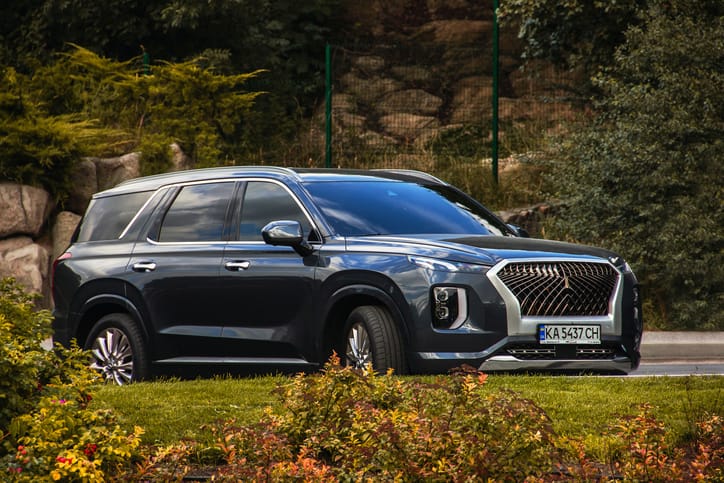
In the ever-expanding world of SUVs, finding the perfect balance between price and features can feel like navigating a maze. You crave a capable and comfortable ride, but you don't want to break the bank. This is where the concept of "value" comes in.
This article dives into the world of SUVs, focusing on different price segments and the features they offer. We'll help you identify the "sweet spot" – an SUV that delivers the functionality you need without unnecessary bells and whistles that inflate the price tag.
Understanding Your Needs
Before diving into specific models, take a moment to consider your priorities. How will you be using your SUV? Here are some questions to guide you:
- Passenger and Cargo Capacity: Do you need enough space for a growing family or frequent road trips with friends?
- Fuel Efficiency: Gas prices are a major consideration. How important is fuel economy for your budget?
- Off-Road Capability: Do you crave weekend adventures on dirt trails, or is on-road performance your primary concern?
- Safety Features: Advanced driver-assistance systems (ADAS) can be lifesavers. How important are these features to you?
- Technology: Do you prioritize a user-friendly infotainment system with smartphone connectivity?
The Value Spectrum: Price Points and Feature Sets
Now, let's explore some popular SUV segments and the value proposition they offer:
Subcompact SUVs (Starting MSRP: Around $20,000)
These pint-sized SUVs are perfect for city dwellers or those prioritizing fuel efficiency. While cargo space might be limited, they offer surprising passenger comfort and maneuverability. Here's what to expect in terms of features:
- Standard Features: Expect basic amenities like air conditioning, a touchscreen infotainment system with Bluetooth connectivity, and a rearview camera.
- Available Features: Higher trims might offer features like blind-spot monitoring, heated seats, and a sunroof.
Top Contenders:
- Honda HR-V: Known for its reliability and fuel efficiency, the HR-V offers a spacious interior for its size.
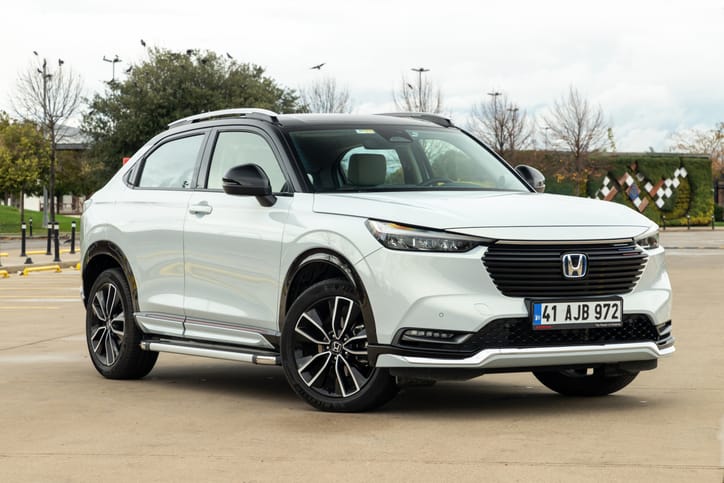
- Mazda CX-30: This stylish option boasts a premium interior and a fun-to-drive character.
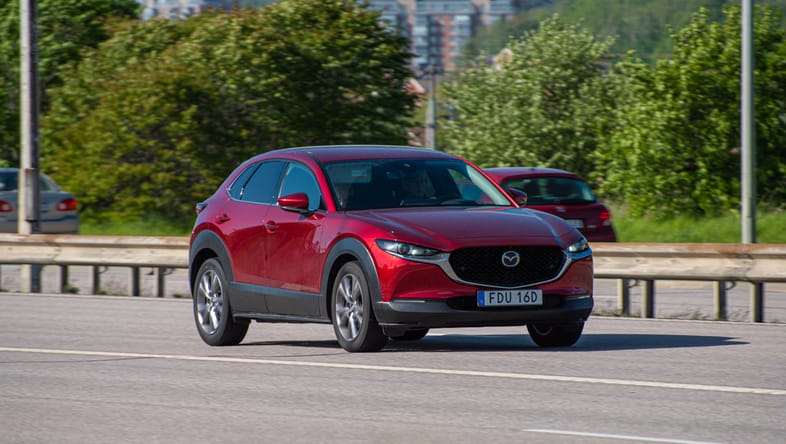
Compact SUVs (Starting MSRP: Around $25,000)
This is a highly competitive segment, offering a good balance between size, capability, and features. You'll find a wider range of engines and features compared to subcompact SUVs. Consider these factors:
- Standard Features: Expect features like automatic climate control, a larger touchscreen, Apple CarPlay and Android Auto connectivity, and advanced safety features like forward collision warning and automatic emergency braking.
- Available Features: Higher trims might offer all-wheel drive, a panoramic sunroof, a premium sound system, and driver-assistance features like lane departure warning and adaptive cruise control.
Top Contenders:
- Toyota RAV4: A perennial bestseller, the RAV4 offers a comfortable ride, excellent fuel economy, and a long list of standard and available features.
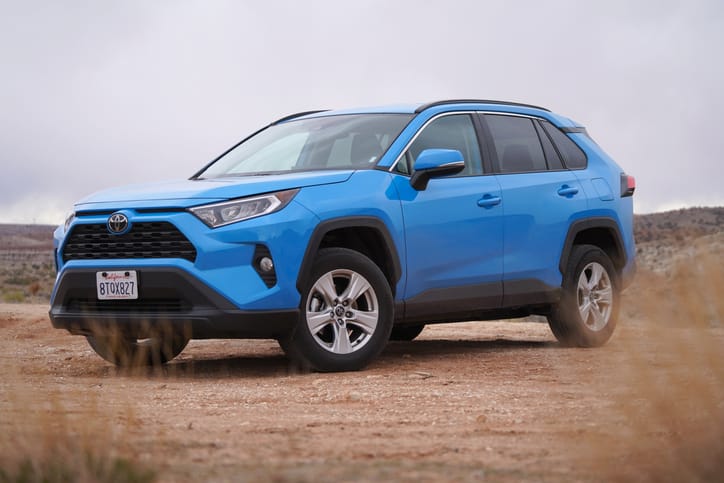
- Honda CR-V: Similar to the RAV4, the CR-V prioritizes practicality and delivers a smooth ride, spacious interior, and strong safety ratings.
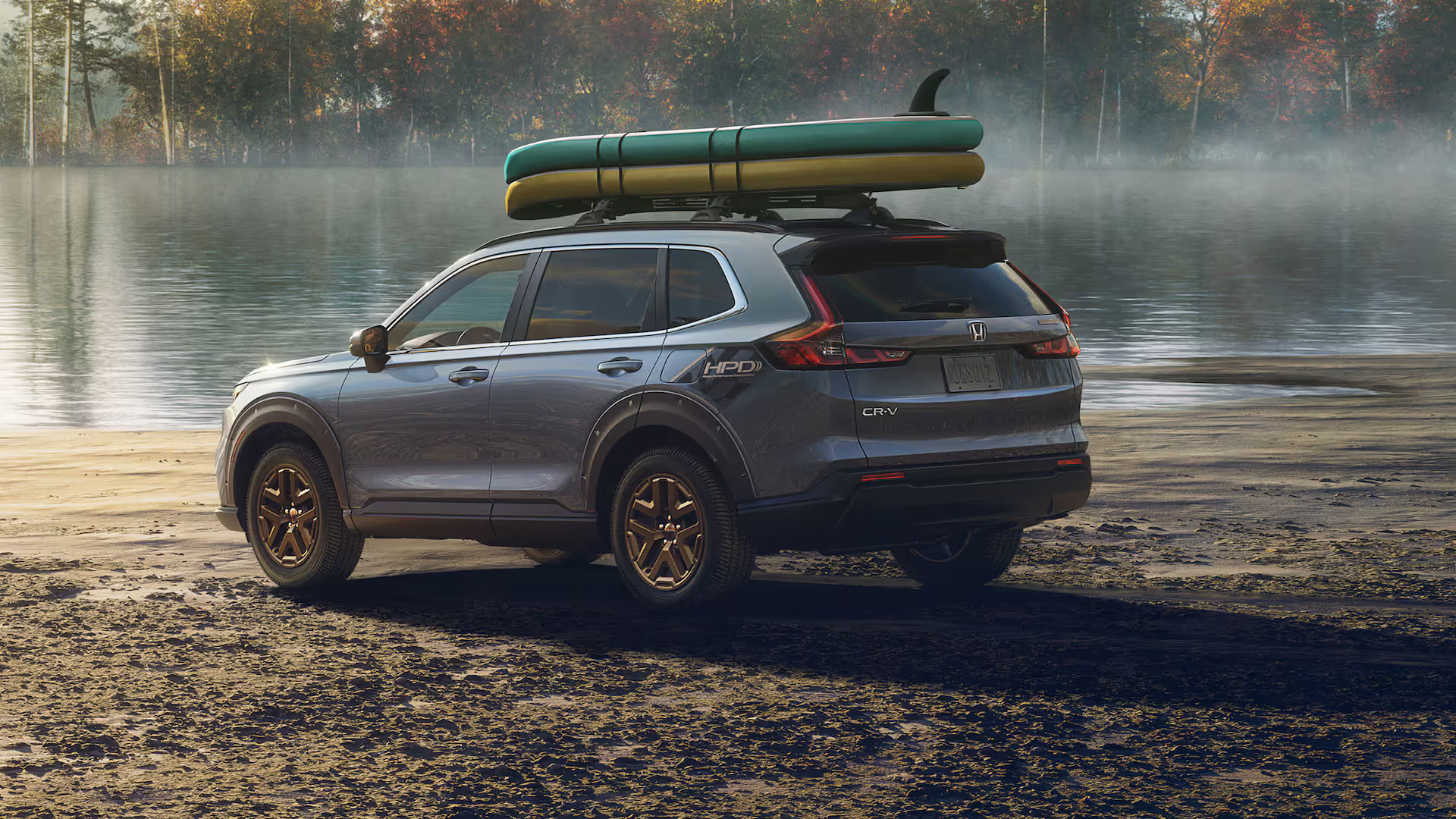
Midsize SUVs (Starting MSRP: Around $30,000)
If you need more space for passengers and cargo, midsize SUVs are the way to go. They offer a comfortable ride, ample power for highway cruising, and the option for third-row seating in some models. Here's the feature breakdown:
- Standard Features: Expect everything found on compact SUVs, along with larger touchscreens, premium audio systems, and potentially heated seats.
- Available Features: Third-row seating, a power liftgate, a panoramic sunroof, ventilated seats, and advanced driver-assistance features like a surround-view camera system become more common.
Top Contenders:
- Kia Telluride/Hyundai Palisade: These Korean twins offer exceptional value with their spacious interiors, long list of features, and impressive warranties.
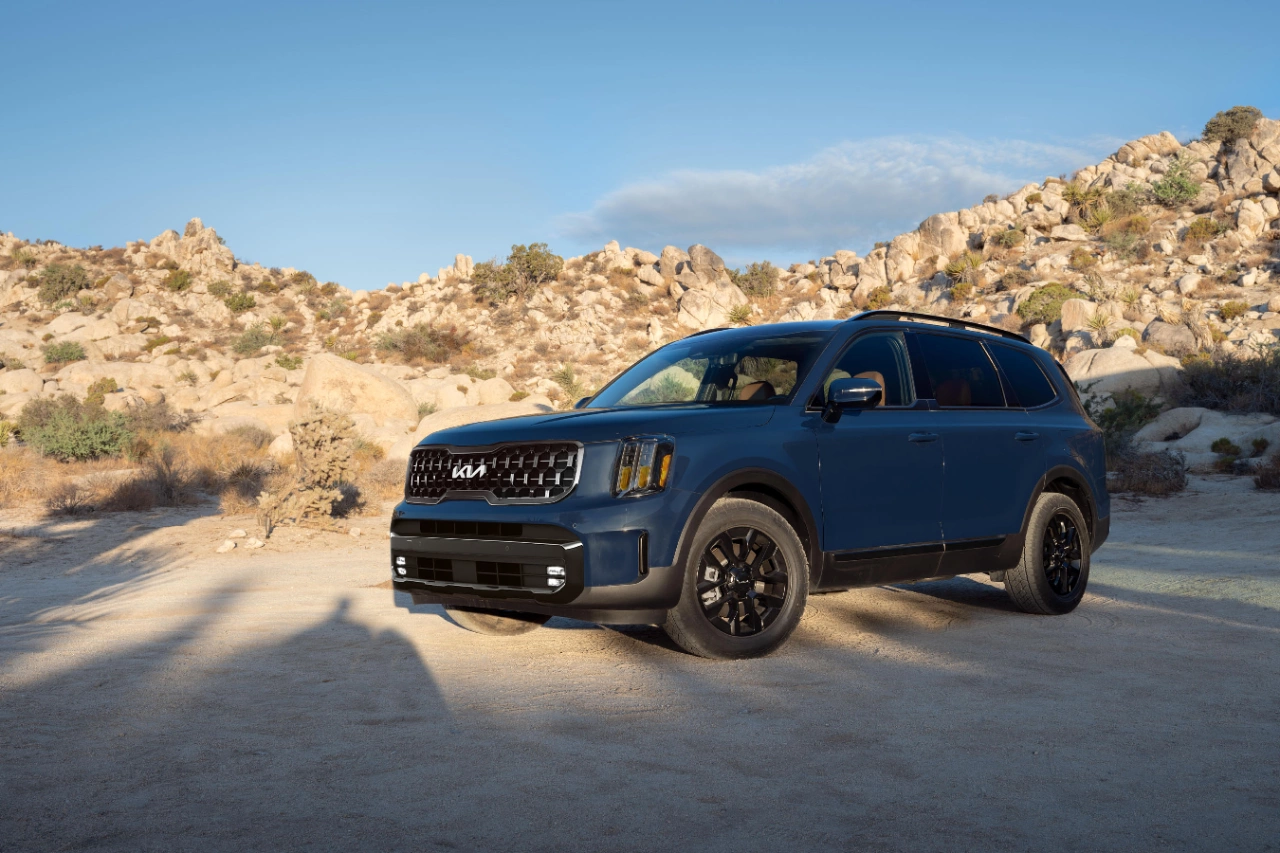
- Honda Pilot/Toyota Highlander: These Japanese stalwarts prioritize safety, reliability, and provide comfortable seating for up to eight passengers.
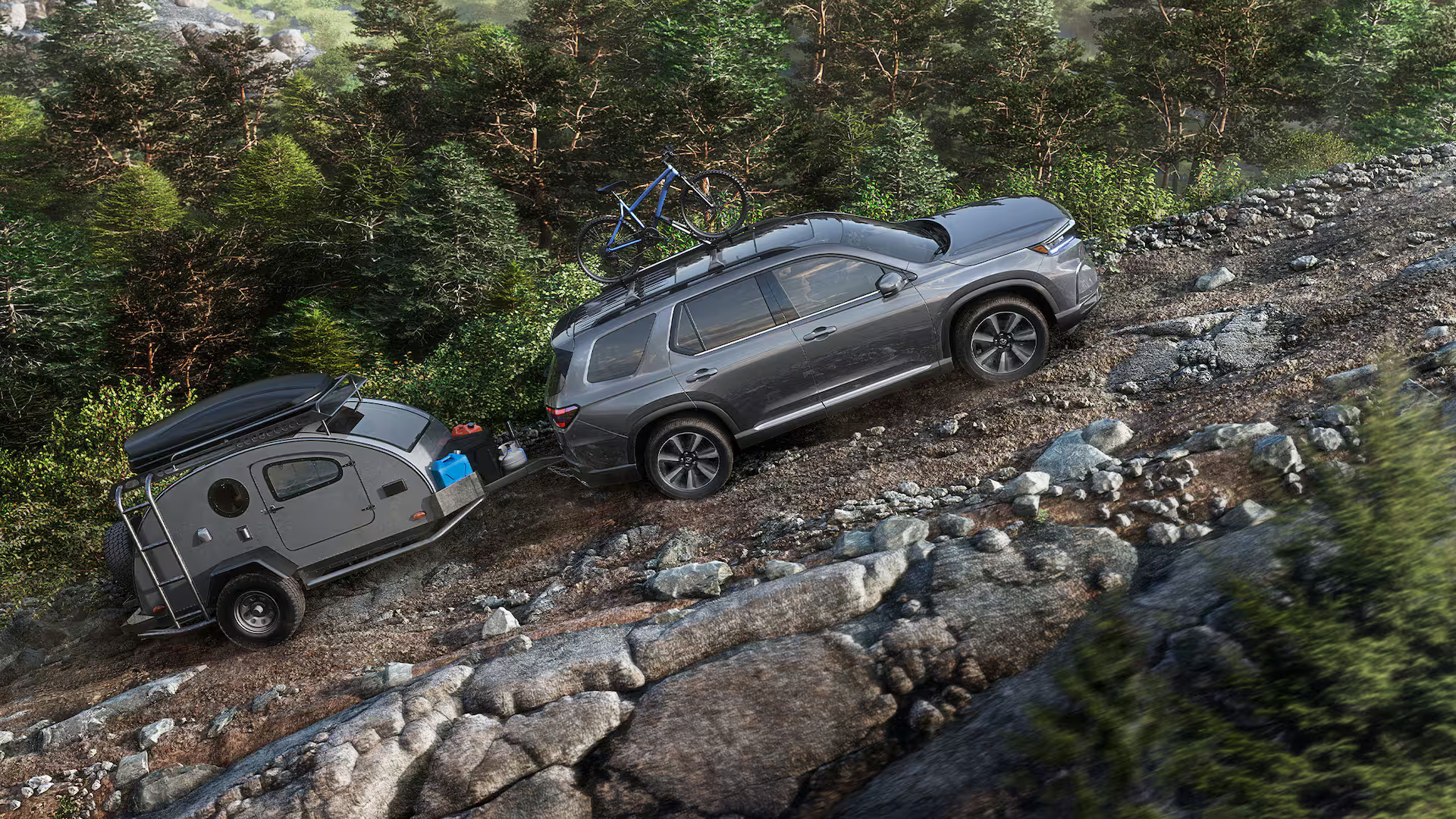
Full-Size SUVs (Starting MSRP: Around $45,000)
These behemoths offer maximum space, towing capacity, and off-road capability. They're ideal for large families or those who frequently haul heavy cargo or trailers. However, fuel efficiency typically suffers.
- Standard Features: Expect features found on luxury compact SUVs, along with powerful engines and potentially four-wheel drive.
- Available Features: High-end sound systems, a rear entertainment system, a tow hitch, and advanced off-road features like multi-terrain select systems.
Top Contenders:
- Ford Expedition/Chevrolet Tahoe: These American giants offer impressive towing capacities, comfortable seating for up to eight, and available off-road features.
- Nissan Armada/Toyota Sequoia: These full-size SUVs prioritize comfort and offer a smooth ride with plenty of passenger and cargo space.
Hybrid and Electric SUVs
As the focus on fuel efficiency and environmental impact grows, hybrid and electric SUVs are gaining significant traction. While their starting MSRP may be higher, they offer significant long-term savings on gas and potential tax credits.
- Hybrid SUVs: Combine an electric motor with a gasoline engine, offering excellent fuel economy without sacrificing performance. Popular options include the Toyota RAV4 Hybrid and the Ford Escape Hybrid.
- Electric SUVs: Run solely on electricity, offering zero emissions and exceptional fuel economy. However, charging infrastructure and range limitations are still considerations. Popular options include the Tesla Model X and the Ford Mustang Mach-E.
Making the Right Choice
Remember, the "best value" SUV is the one that best aligns with your priorities and budget. Don't be swayed by features you don't need. Here are some final tips:
- Prioritize Needs Over Wants: Focus on the features that are essential for your lifestyle.
- Compare Features Within Segments: Once you've identified your preferred size and class, compare the features offered by different models.
- Test Drive and Research Reviews: Get behind the wheel and see how the SUV feels. Read professional reviews to get a well-rounded perspective.
- Consider Long-Term Costs: Factor in fuel efficiency, maintenance costs, and resale value when making your decision.
- Negotiate the Price: Don't be afraid to negotiate the price with the dealer.
By following these steps, you'll be well on your way to finding the perfect balance between price and features, ensuring you get the best value SUV for your needs.
